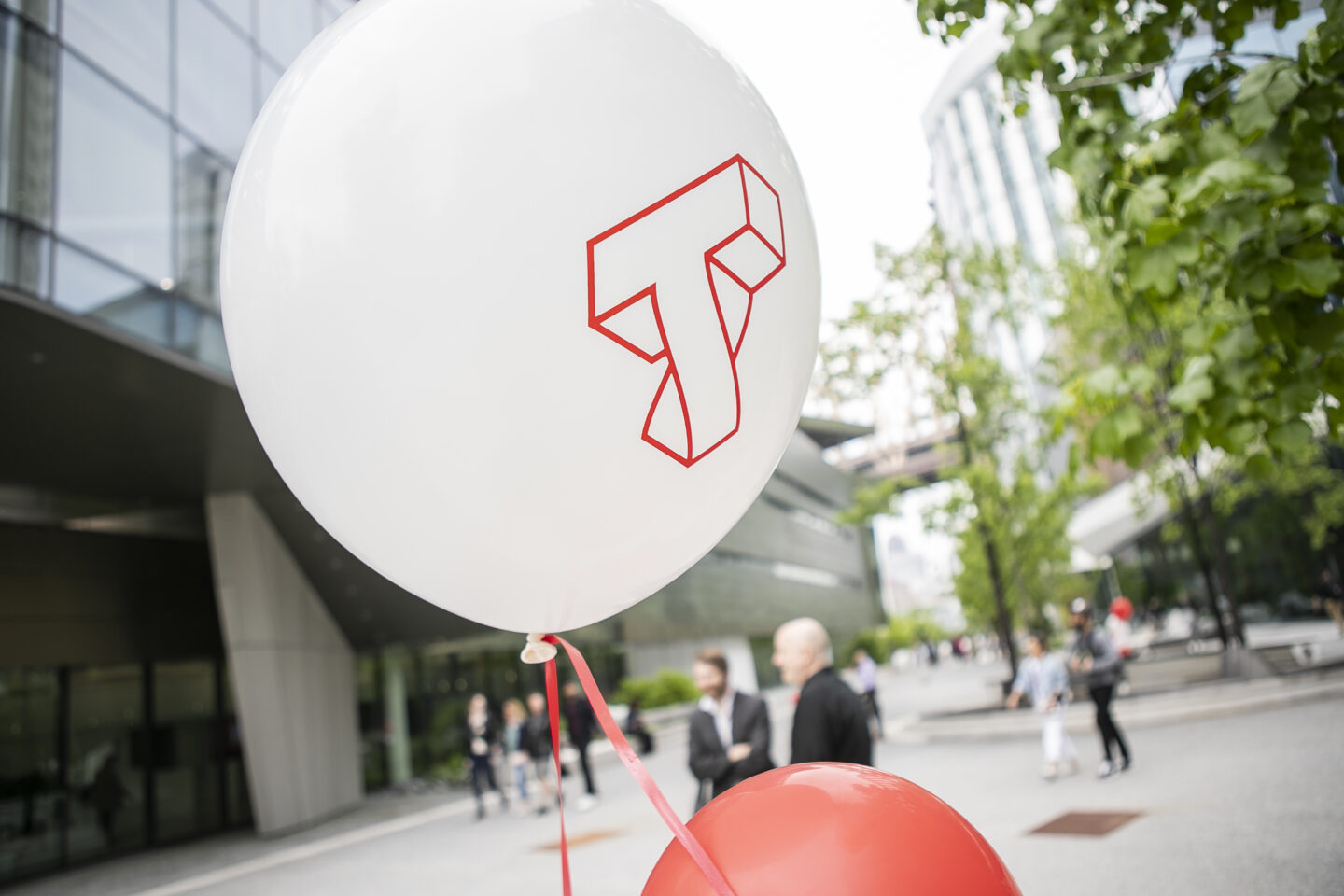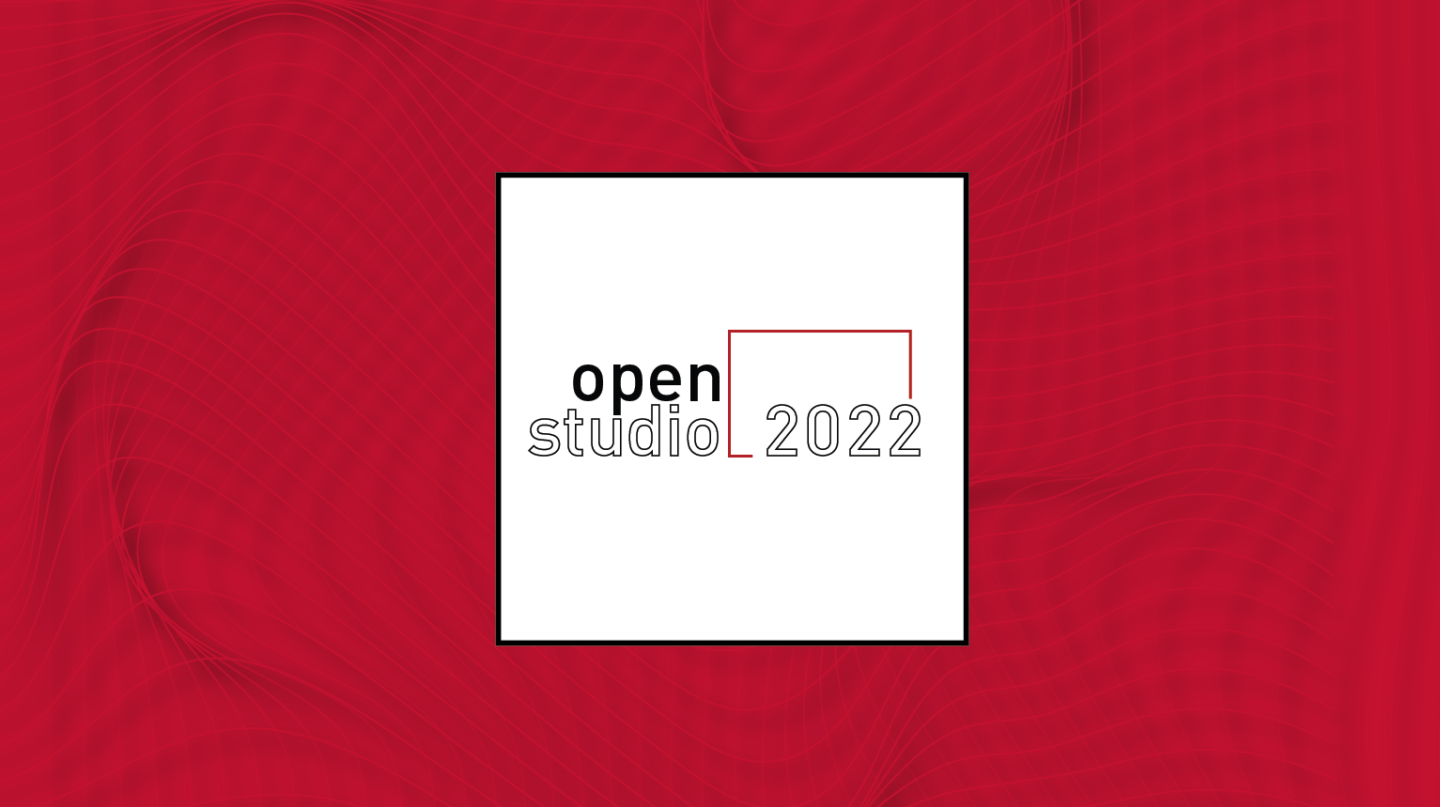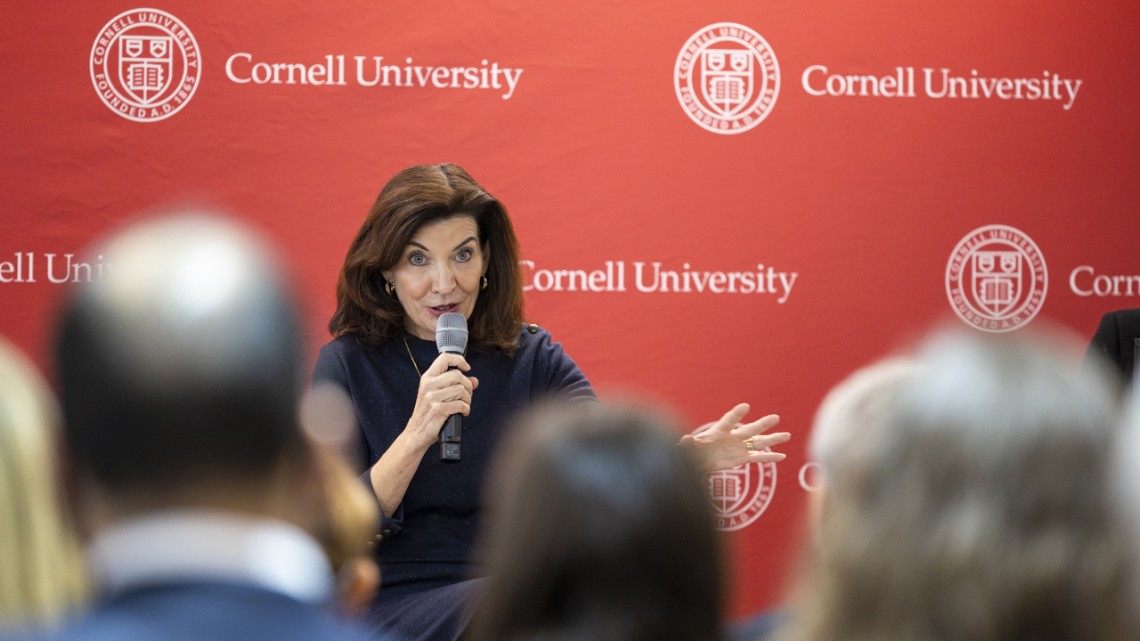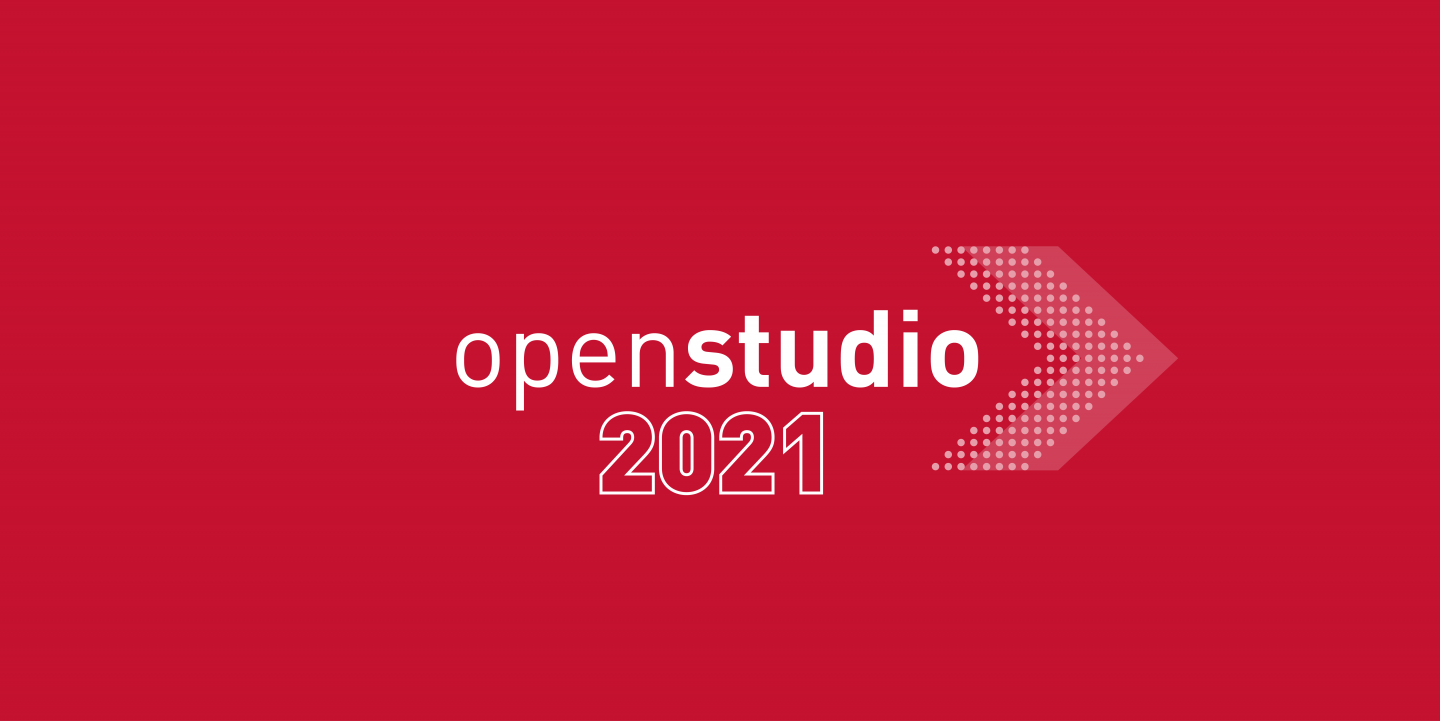Positive Impact: Students Build Tech for Societal Good
Categories

Technology can be a powerful force for social and civic good. Every fall, Cornell Tech’s Product Studio gives teams of students the chance to build solutions for challenges posed by leading NYC startups, companies, and organizations, and many choose to use their skills for the benefit of society. In the latest round of challenges, teams of students tackled issues as varied as climate change and cyberhate.
VaynerMedia asked: How might we develop a system that monitors changes in global shoreline and/or other ongoing effects of global warming?
Through brainstorming and feedback sessions, Team Rising Tide decided to focus on how they could engage the public in efforts to reduce carbon emissions. As team member Campbell Weaver said, “How could we encourage people to think about the environment when they’re making everyday decisions in their life?”
The team’s solution, Footprint, is a browser extension that tracks users’ online grocery orders then calculates their carbon footprint. The extension scrapes data from a website’s server, processes it using algorithms, then sends it to online calculators which work out how much carbon dioxide is emitted during an item’s production, packaging, and shipping. The results are displayed as green (low), yellow (medium), or red (high) plant-shaped labels; the design idea was inspired by organic labeling schemes.
Footprint is designed to have a wide reach, said Weaver, “20 percent of your individual footprint comes from your dietary choices and online shopping is growing; it’s an industry that’s going to touch 90 percent of households in a couple of years.”
Team members included Ryan Farr, Master in Computer Science ’19, Campbell Weaver, Master in Computer Science ’19, Wen Guo, Johnson Cornell Tech MBA ’19, and Maximilian Kuester, Master in Operations Research and Information Engineering ’19.
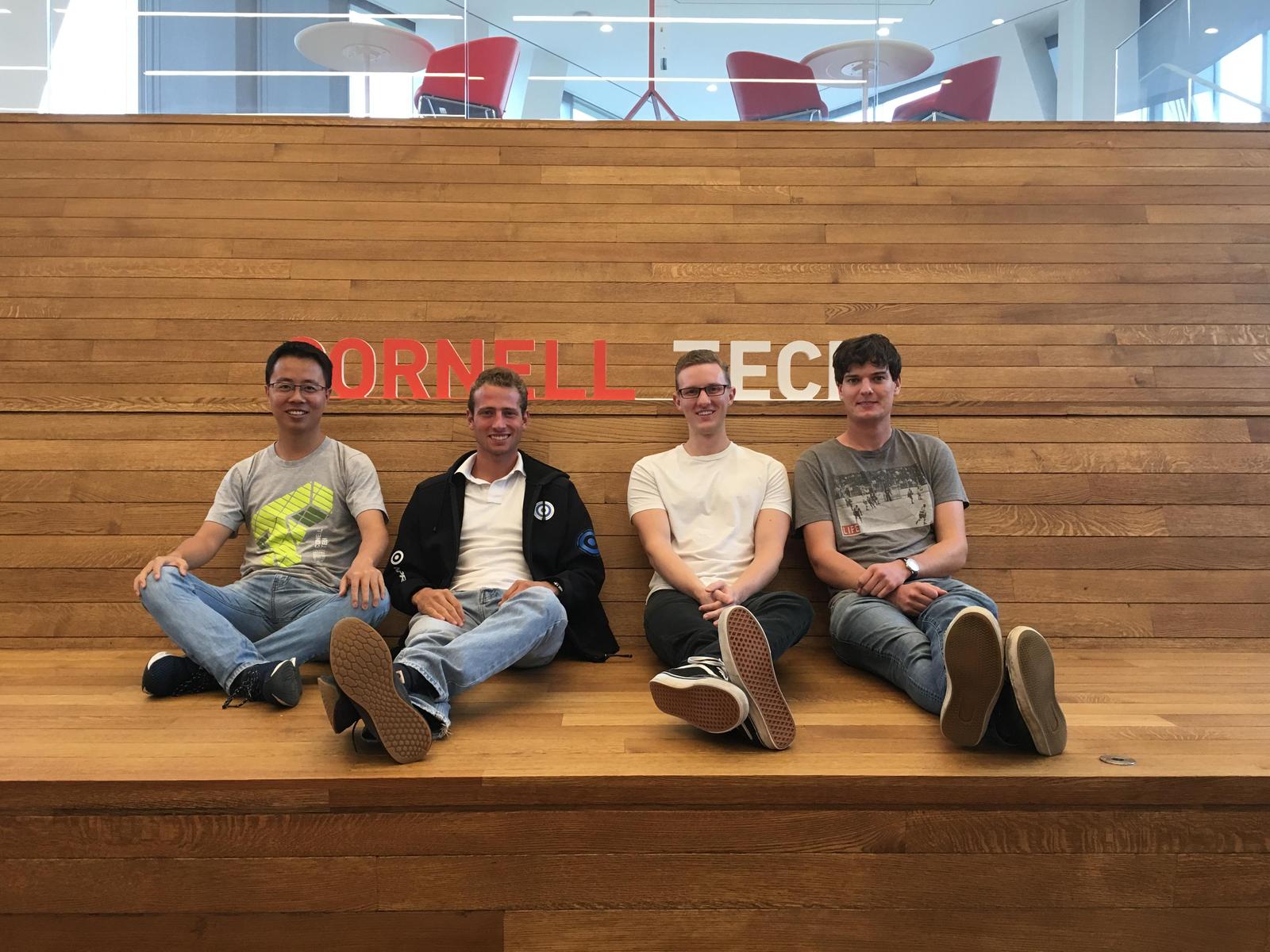
Output asked: How might we use technology to empower people to be musically creative without formal music training?
Team Remuse shares a love of listening to and making music, and believes that musical creativity has a positive impact on society since it can empower people and improve wellbeing; they jumped at Output’s challenge.
The team’s music modification app, Remuse, is inspired by Instagram and Snapchat filters. “Users can input popular songs they find on their iTunes or that they download. Then they can apply simple filters to make it sound higher-pitched, or make the voice sound funky, or add nice backing,” said team member Dhruv Jain. The app scans MP3 files and renders them editable. Via a sliding window, users can select and alter parts of the waveform.They can also change the pitch and frequency or add noise and distortion.
Music is a powerful force for social good, said the team, since it can provide emotional support during difficult times and can connect people. By making musical creativity more accessible, Remuse aims to help people express themselves. “If we can get more people to make more music, I think the world will be better for it,” said Jain.
Team members included Kelly Sun, Technion-Cornell Dual Master’s Degrees in Connective Media ’19, Benjamin Hwang, Master in Operations Research and Information Engineering ’19, Dhruv Jain, Johnson Cornell Tech MBA ’19, and Mike Chen, Master in Computer Science ’19
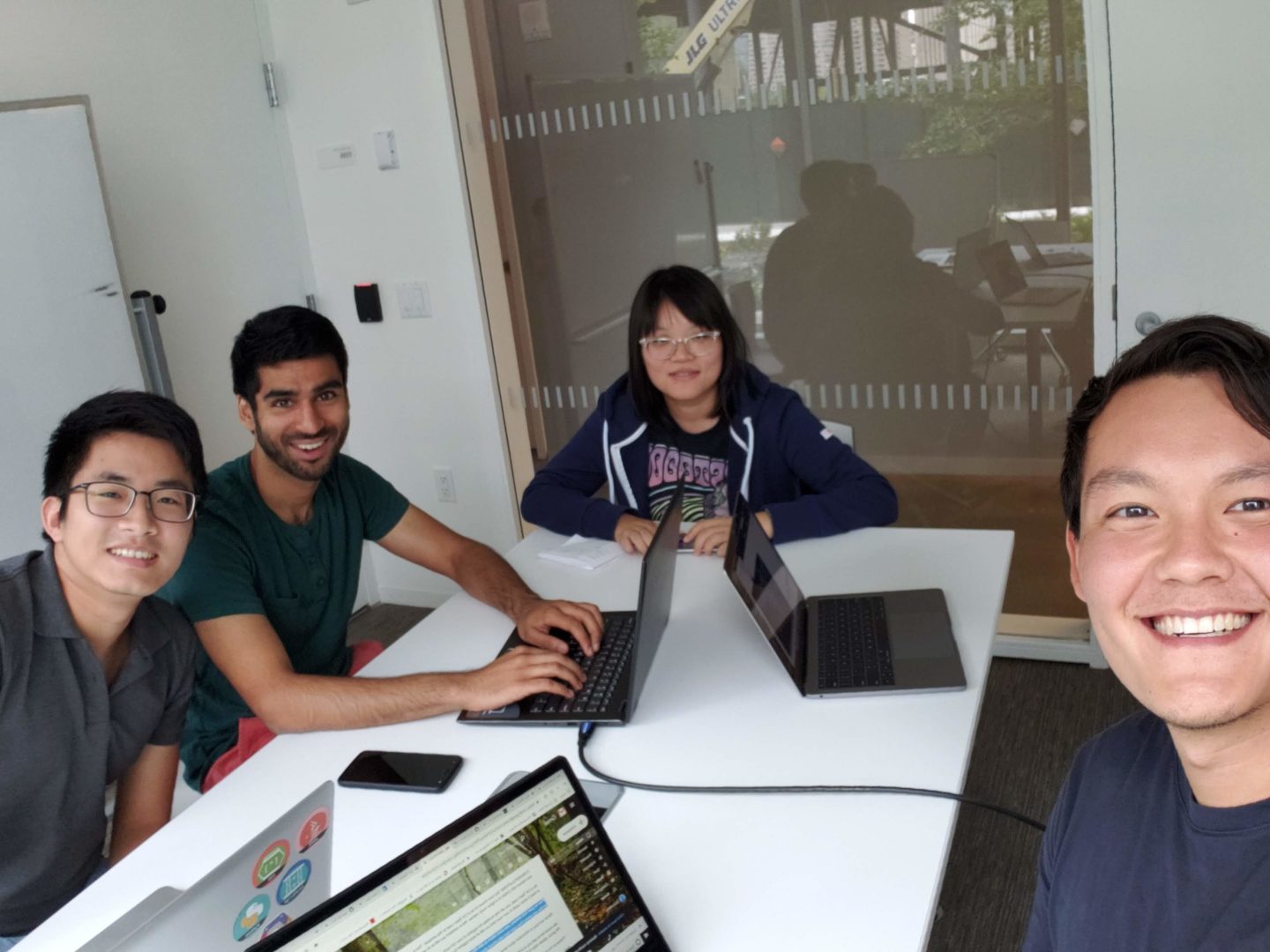
The Anti-Defamation League (ADL) asked: How might we create tools or services to support likely and actual targets of cyberhate and cyberharassment?
ADL’s challenge struck a chord with the members of Team Triggr, all of whom have been affected, either directly or indirectly, by cyberharassment. Through interviews with victims, the team found that reporting incidents of cyberhate can be traumatic. “On a social platform like Twitter, if you want to report toxic messages, you have to complete a survey for every negative message you receive,” said Yixue Wang. Not only is this time-consuming, but it also forces victims to revisit the harmful material.
The team’s solution is Triggr, an app that scrapes a user’s social media for negative messages and aggregates them, allowing victims to report in bulk. Triggr also contains links to mental health and legal resources.
Team members included Mark O’Looney, Johnson Cornell Tech MBA ’19, Meera Nanda, Technion-Cornell Dual Master’s Degrees in Connective Media ’19, Michael Barron, Master in Computer Science ’19, and Yixue Wang, Technion-Cornell Dual Master’s Degrees in Connective Media ’19.
All three teams agreed that working with peers and faculty in Cornell Tech’s open, collaborative environment was key to the success of their projects. “It is so multidisciplinary,” said Team Rising Tide’s Ryan Farr. “For civic and social tech, we have some really great professors in the faculty. It’s something that I really haven’t seen at any other university.”
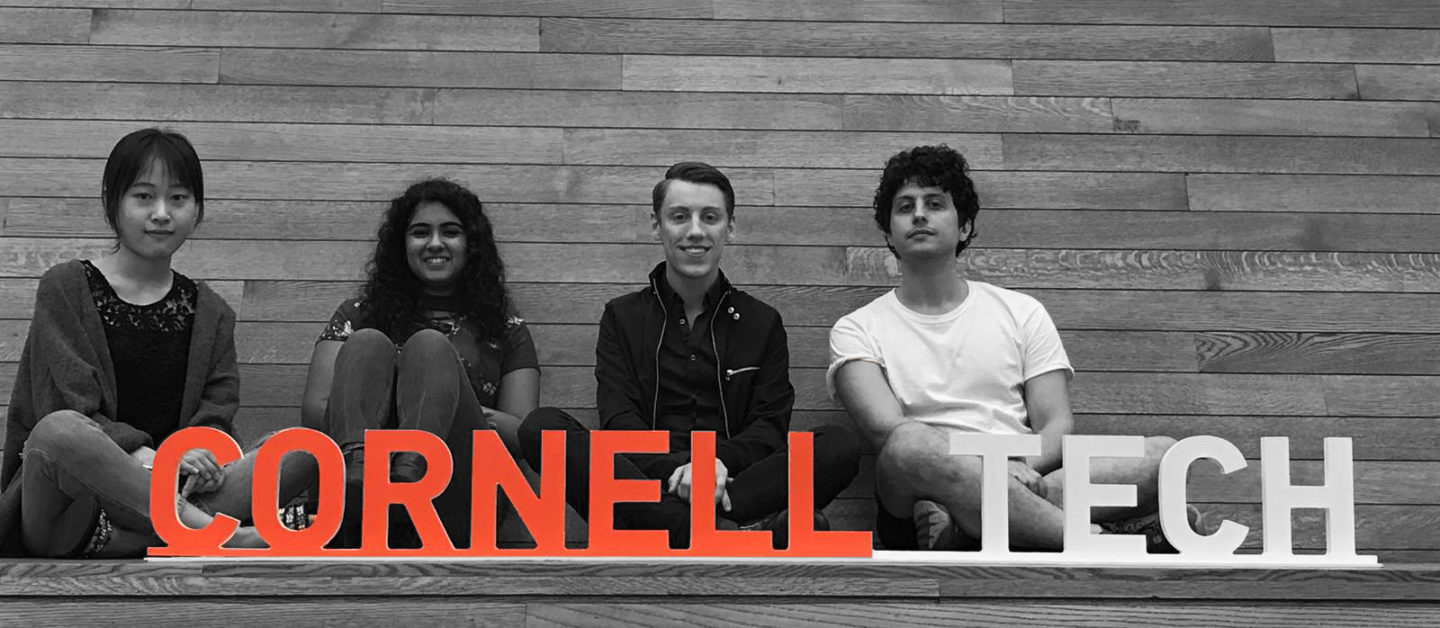
Media Highlights
Tech Policy Press
Content Moderation, Encryption, and the LawRELATED STORIES
